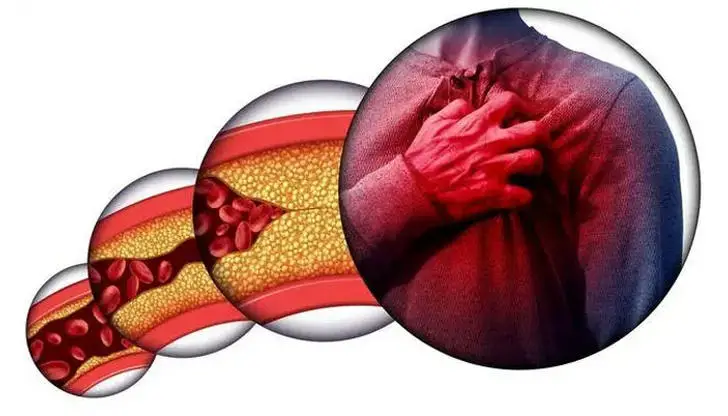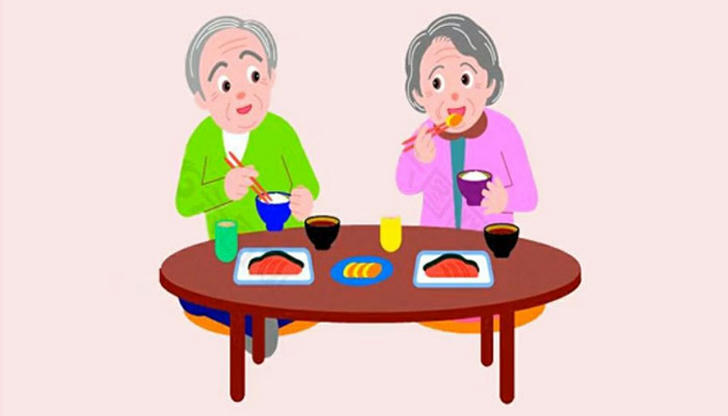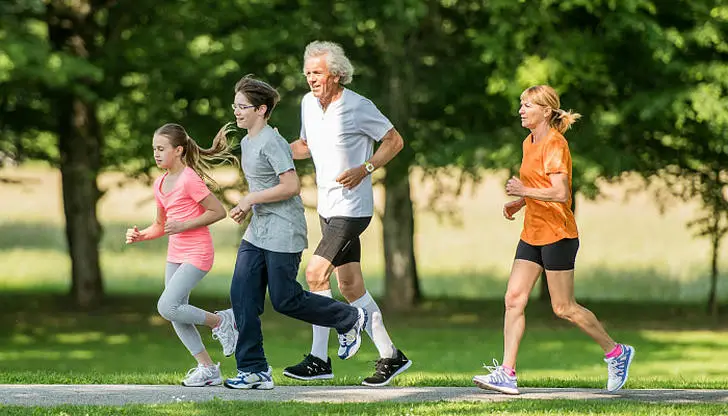Six Ways to Prevent Myocardial Infarction
Advertisement

The World Health Organization has analyzed thousands of young acute myocardial infarction cases and long-term follow-up observations in many large heart disease research centers around the world and found that young people are more at risk for myocardial infarction than the elderly. The main reason is that young people do not pay enough attention to the disease, but the onset of myocardial infarction is very fast, and it is often too late for rescue. The following six ways may help you to prevent myocardial infarction.
1. Change your eating habits

The diet should be balanced, light and nutritious. A low-salt diet with more vitamin C is recommended. You can choose low-sodium diets to control blood pressure, and eat more fruits, vegetables, nuts, brown rice and other foods.
2. Replenish water in time

It is necessary to develop a good habit of drinking at least 3 pints of water every day and avoid beverages containing alcohol and sugar.
For outdoor activities or hard-working outdoor workers, try to wear loose, breathable and drink plenty of water. When the weather is sultry and the air humidity is high, it is recommended to set the air conditioner at 26-27 degrees. When you go from the outdoors to the air-conditioned room, it is best to wear a thin coat first, which can reduce the damage on the cardiovascular system caused by the large temperature difference between hot and cold. In addition, if the air-condition is not turned on, you need to keep the room well ventilated.
3. Regular exercise

Exercise has the benefits of relieving stress and improving blood circulation. Accumulate 150 minutes of moderate physical activity per week (such as brisk walking, slow walking, and cycling). Exercise can also be integrated into the process of doing housework with family members and playing with children (for example: standing burns twice as many calories as sitting).
Young people have had a high incidence of myocardial infarction in recent years. They should go out of the office and participate in aerobic exercise appropriately to exercise. Outdoor exercise should be carried out in the early morning or evening when the weather is cooler, and avoid exercising under the hot sun from 10 am to 2 pm.
4. Stop smoking and drinking

Smoking or secondhand smoke increases the risk of heart disease. The study found that even smoking just one cigarette a day doubles the risk of coronary heart disease and the risk of stroke compared to non-smokers. In addition, the World Health Organization's statistics in 2016 showed that the number of deaths caused by alcohol poisoning in the world exceeded 3 million, of which 19% of people died of cardiovascular disease. It is recommended to avoid drinking as much as possible.
5. Maintain good living habits

Daily life should be regular, and you should avoid staying up late to work for a long time. You should sleep no less than 6 hours a night, and waking up naturally in the morning is often a sign of adequate sleep.
6. Keep calm and learn to release stress

Most young people are in the rising stage of career development. They are the age of competition. They hope to make certain achievements in every aspect to surpass others and look forward to standing out and being appreciated by their bosses. But not every idea can become a reality, and setbacks and failures accompany everyone's growth. Facing the gap between the expectations of the boss and the goals set by oneself through one's own efforts with a peaceful mind. Emotional ups and downs should be avoided, and chatting with close friends is a better way to release pressure.



